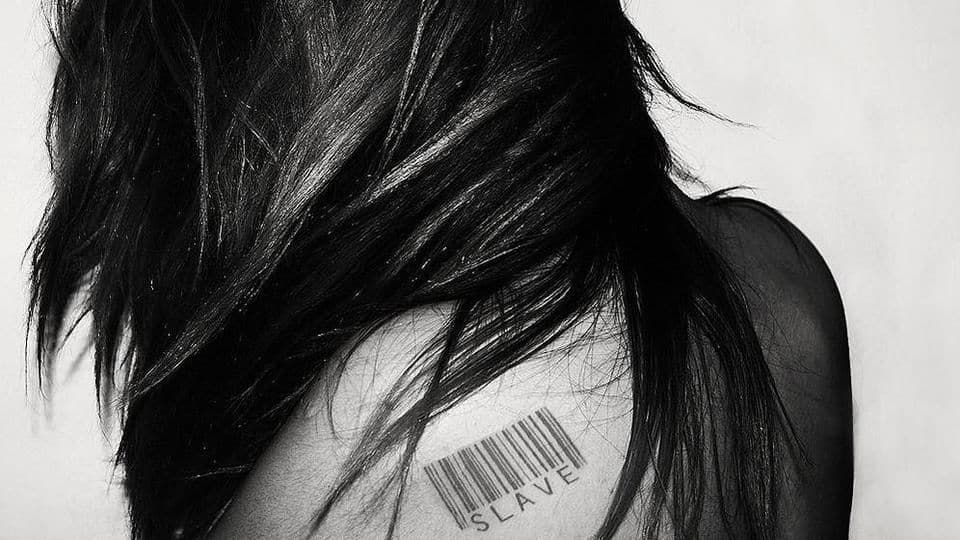
How is this bot taking on Seattle's sex trade?
What's the story
Seattle-based NGO Seattle Against Slavery (SAS) has created a chatbot to raise awareness amongst men about buying sex online. The chatbot, which sounds so authentic that it can fool a lot of users, engages with men looking to buy sex online. After drawing them in, it shocks them by revealing its true identity along with a reminder of how harmful prostitution is for women.
Quote
The status of sex trafficking in Seattle
"Our experience has been that there are hundreds and hundreds of people in our area being exploited, and we think there are up to 300-500 children being exploited at any one time," said Val Richy, senior deputy prosecuting attorney for King County which covers Seattle.
Online prostitution
How the internet has changed sex trade
Like most 21st century businesses, sex trade has also moved online with over 130 websites and 34,000 online-ads selling sex in Seattle alone. Online prostitution has made buying sex easier for men, but has, in no way, helped women. The internet has also removed psychological barriers and other dangers of engaging with prostitutes, apart from making it impossible for law enforcement to curb prostitution.
Quote
Sex worker turned anti-prostitution advocate remembers her experiences
"It was very violent. I had a quota that I had to meet every day. I stayed in hotels for months at a time, the same room," said Stephanie Harris, an ex-sex worker in Seattle's online sex trade. She is currently an anti-sex trade advocate.
Chatbot
What makes the chatbot so unique?
The efficacy of the chatbot lies in its ability to authentically replicate human conversation. Modelled on the experiences of survivors of trafficking, the chatbot replicates idiosyncrasies found among real-life individuals like inconsistently spaced delayed replies, imperfect English etc. Furthermore, the bot is backed by Microsoft, one of the leaders in natural language research, and has the potential to get smarter with increasing interactions.
Quote
How the chatbot can evoke moral responses from potential clients
"For someone who thinks they're anonymous, who thinks they can go on the internet and buy another human being, it's a big wake-up call," said Robert Beiser from Seattle Against Slavery (SAS) while talking about their chatbot.
Other tech
Another tech-based solution in the fight against prostitution
NGO Real Escape from the Sex Trade (REST), which earlier used to physically visit red-light districts and rehabilitate prostitutes, has also created a software to combat prostitution. The software sifts through the massive volume of online prostitution ads and contacts the women involved about rehabilitation. The software sifts through ads, finds codewords, and sends mass texts to women to help them escape prostitution.
Do you know?
How REST's phone number-scraping tool is fighting the sex trade
REST's phone number-scraping tool has been rolled out in 12 cities across the US, and has so far identified over 90,000 unique phone numbers for further investigation by specialists.
Legislation
New legislation might strike major blow to online sex trade
Legislation on online prostitution has been under debate for a while now. Despite initial objection to new legislation, major tech firms like Google, Microsoft, and Amazon, among others, recently backed the Stop Enabling Sex Traffickers Act (SESTA) after "important changes" were made to the bill. SESTA, if passed, could deal a massive blow to online brothels like Backpage.com, aided by the aforementioned anti-prostitution software-tools.